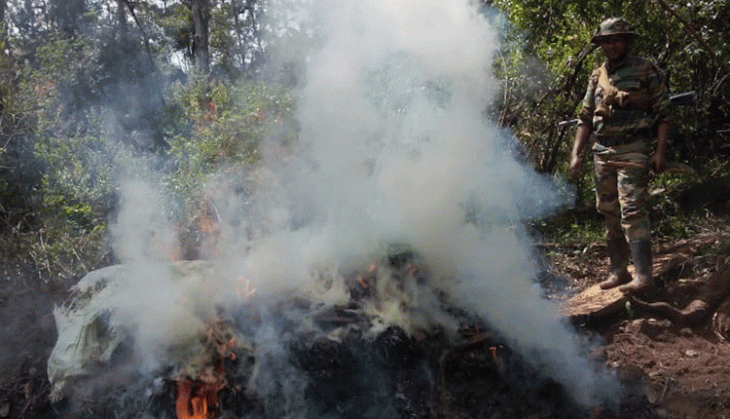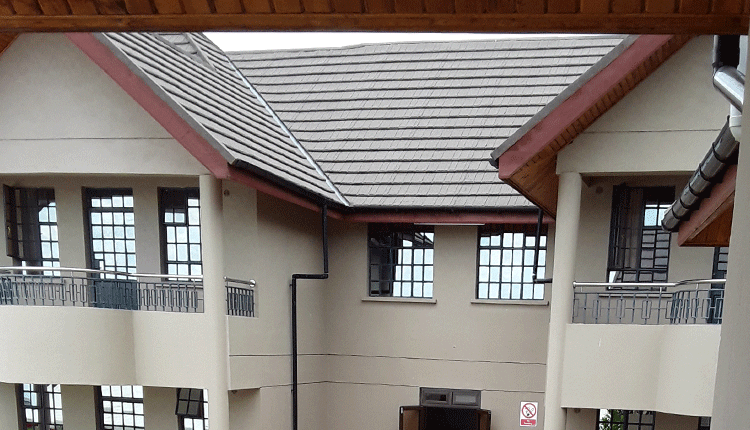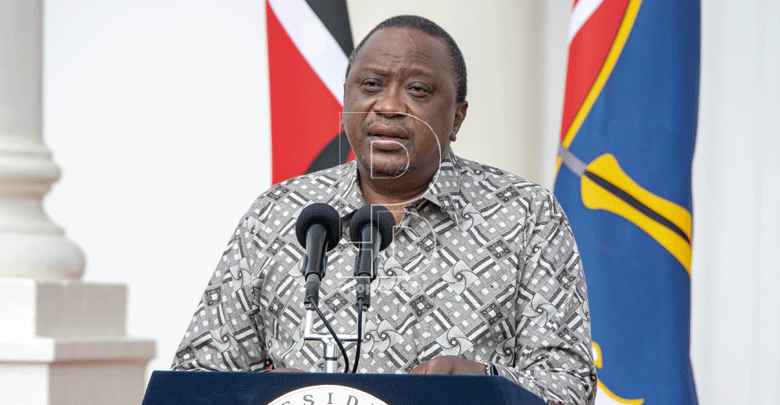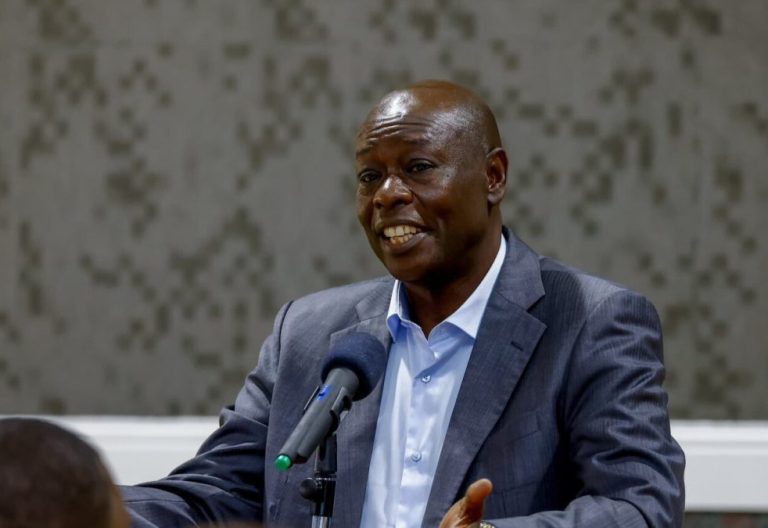Masai Mara ticketing system big boost for locals
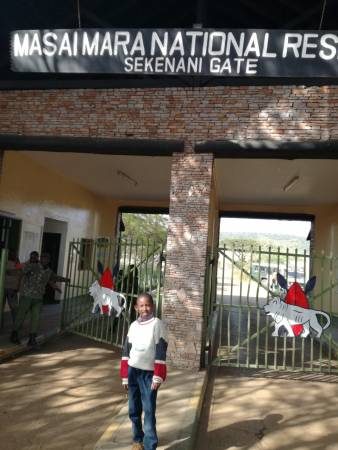
Twelve years after the local community in Masai Mara Game Reserve formed a cultural association to directly collect money from tourist excursions to their villages, lives of the members have improved.
Though they are still experiencing a few hiccups with the system as some tour operators are not remitting money directly to them after taking tourists on cultural villages excursions, the general welfare of the locals is improving.
Before the Covid-19 pandemic, the Maasai Cultural Villages Tourism Association that was established in 2009 had financial muscle to be able to see children of its members go to school, improvement of their housing conditions and general welfare of residents.
The association partnered with Africa Conservation Centre, UK Travel Foundation, Kenya Association of Tour Operators (Kato), SNV Netherlands Development Organisation (SNV), the management of hotels in Masai Mara and Narok county to end exploitation, with the main aim of financially empowering locals who still keep their culture and conserve wildlife.
According to initiative coordinator James Lasaloi, the owners of the cultural villages had been exploited for many years and it was time it had to be brought to an end. “They used to be given less than Sh500 for the visit yet each tourist in a van of eight pays between Sh1,700 to Sh2,125,” he says.
With the help of Kato, lodges and camps, tourists pay for the incursions along with other packages, such as game drives and hot air balloon expedition fees.
The association was mooted with the help of the director of the UK Travel Foundation Dr Cheryl Mvula, who helped the community in the Mara Triangle to set up their system few years before she moved to the larger Masai Mara.
Before the advent of the devolved system, the defunct Narok and Transmara county councils used to collect about Sh3.5 billion annually in tariffs and fees from tourism activities in the sprawling reserve, which has over 200 lodges and tented camps.
Despite the big revenue collection, there was nothing to show for it as hoteliers, tour guides and drivers and some county officials were the main beneficiaries. Due to the frustrations, locals started engaging in poaching, charcoal burning and leasing their land for wheat farming next to the reserve.
The working partnerships
Currently, local tourists pay Sh1,700 while foreigners part with Sh2,125 to tour guides or drivers to enter the various manyattas scattered across the reserve.
Lasaloi says that talks with the county government are underway for tour companies that will not comply with the arrangement to be denied access to the reserve.
He adds that there are 31 cultural villages on the Narok side of the county, but villages have been losing an estimated Sh370 million annually to insincere tour guides and drivers.
“The money is enough to put up various infrastructural projects in a region where health amenities and education facilities are few and far apart. Lives of residents who border the reserve has over the years moved from bad to worse.
Even with the naming of the annual migration of wildebeests from Serengeti National Park in Tanzania as the seventh wonder of the world, nothing has changed,” says Lasaloi.
He says the association with about 1,600 members will work in tandem with Narok County Government, the custodian of the Mara, and other stakeholders to ensure that it succeeds in its endevours.
Kenya Conservation Association CEO Dominic Kaelo says the main cause of the sufferings experienced by the communities living in game parks and reserves was lack of knowledge, which led to years of exploitation.
“The communities have conserved and lived with the wildlife and it is sad that only a few people, some who have no conservation knowledge, are benefiting,” says Kaelo, who also wants tour companies to pay their drivers handsomely to end exploitation of the locals.
He adds that the association will in a few years cover Amboseli, Tsavo, Samburu and other national parks, reserves and conservancies where the Maasai community live.
“After spreading the wings, we are going to deal with the issues of pricing, marketing, and fundraising,” he says, adding that the benefits must be equitably shared among all cultural villages to end the habit of locals begging for handouts from visitors.
Dr Mvula says members of Maasai Cultural Villages Tourism Association are happy with the new cultural manyatta ticketing system, adding that it is a responsible way the community are going to do business with tour operators and hotels in Kenya.
Tour guides
She adds that she visited the country for the first time in 2006 and toured a manyatta in the Mara Triangle and was disappointed with the poor living standards of the locals who were at the mercy of tour guides and drivers.
“Not only were the cultural villages of poor quality, it was more of an opportunity to pressurise tourists to buy curios. In my observation, I realised that the economic benefits from the cultural tour were immense yet the locals were not benefiting,” she says.
Upon her return to the UK, Mvula yearned to change the Maasai Cultural Villages in the Mara Triangle for the community to start reaping the benefits from tourism.
She formed partnerships with tourist stakeholders both in Kenya and abroad to raise funds to change the lives of people she says she had great admiration for.
The community on that side of the reserve with 27 manyattas, she points out, are now reaping 100 per cent of the benefits compared to just four per cent in 2006.
The hoteliers spokesperson Ben Kipeno says owners and proprietors of business establishments in the reserve will continue working in tandem with the association for it to succeed in its mission.
“We want to see locals also benefit from tourism. They are the backbone of the sector and not foreigners who visit to see the wildlife or hoteliers who are their tenants. We will ensure exploitation ends,” he says in ending.
